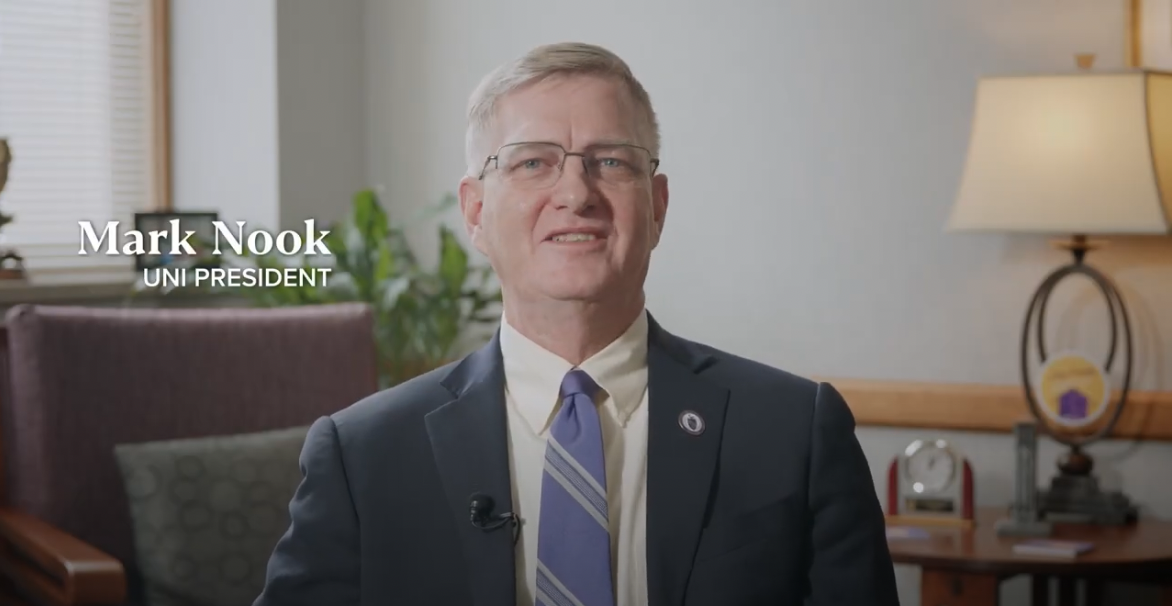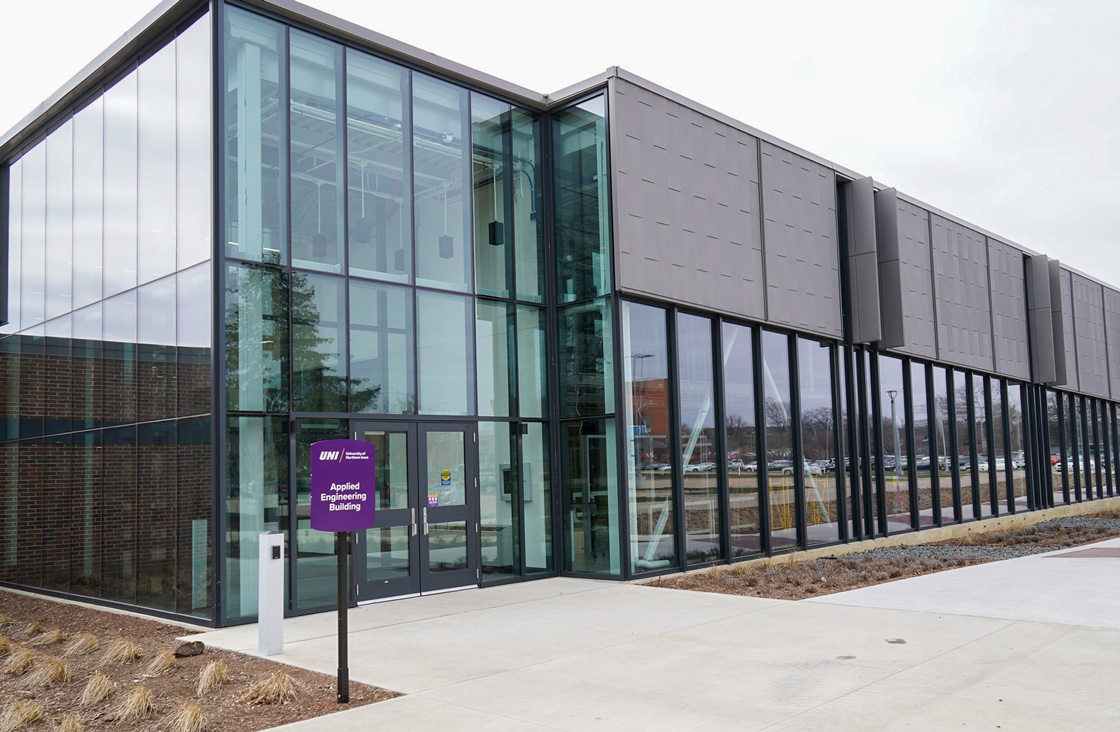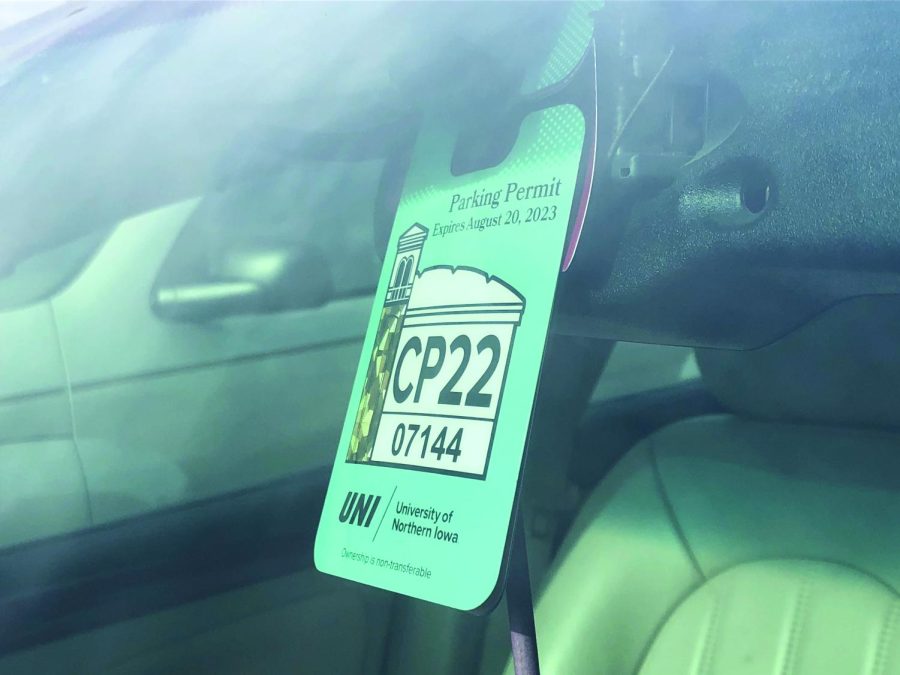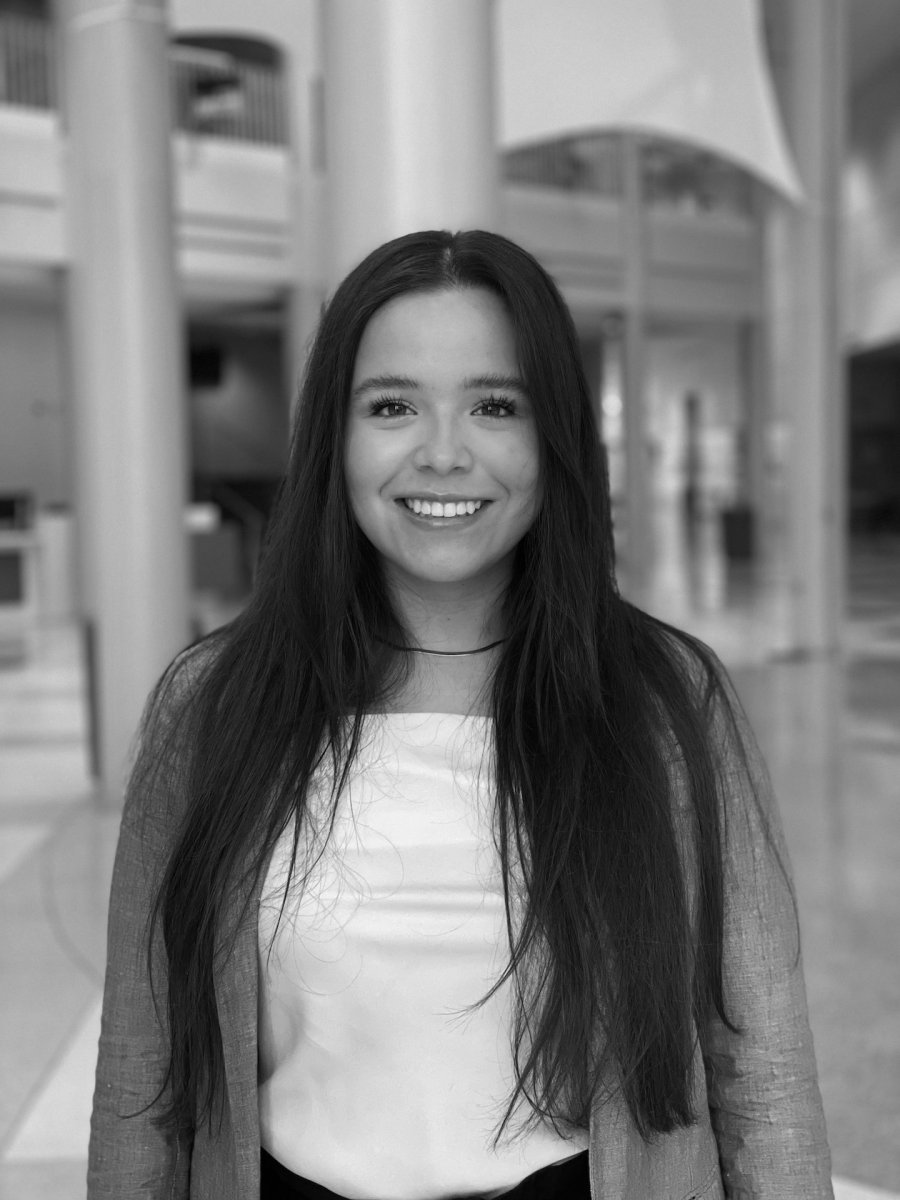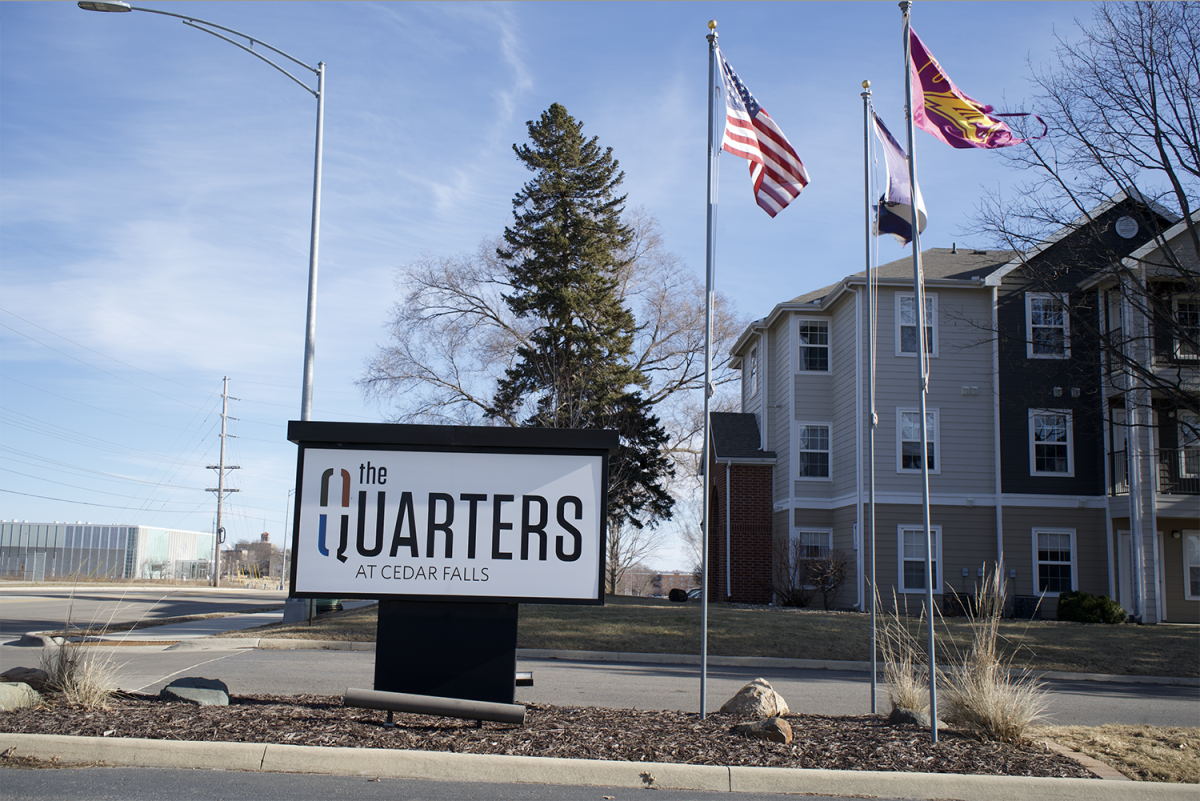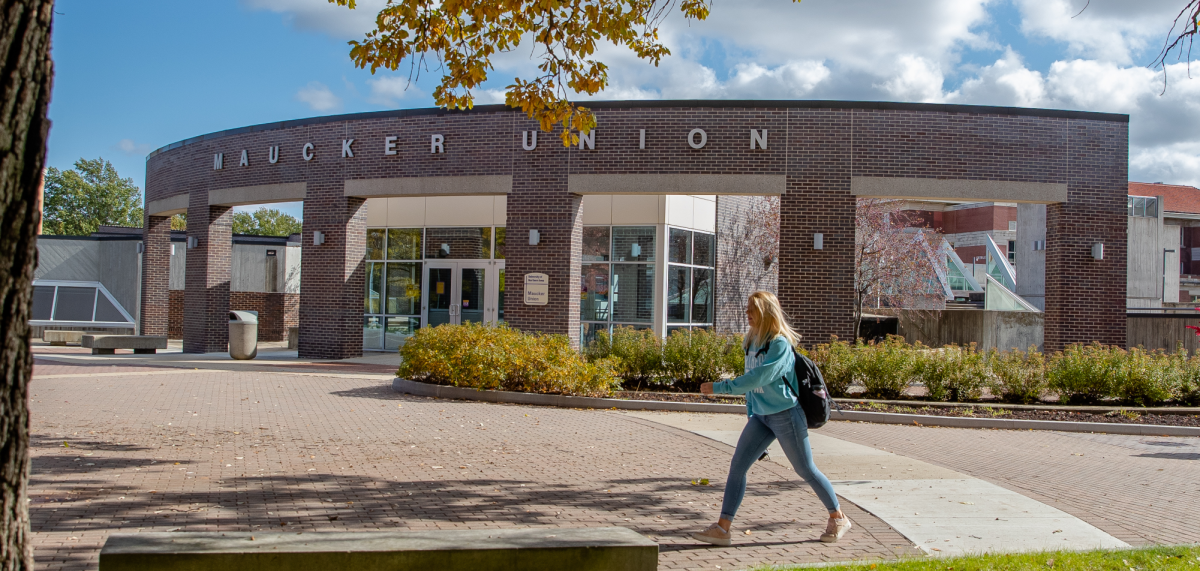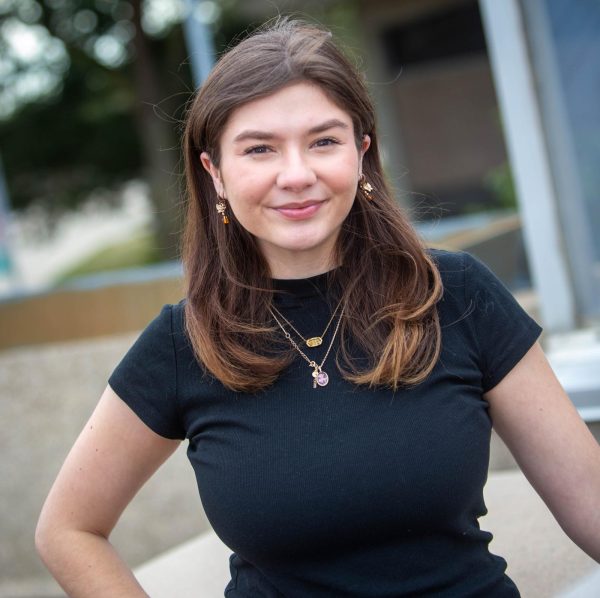In their appropriation proposal to the Iowa legislature, the University of Northern Iowa proposed a one-sided reciprocity proposal to allow out-of-state students from Illinois, Wisconsin, Minnesota, North and South Dakota, Nebraska and Missouri to pay the same tuition as in-state students. University President Mark Nook says that this proposal comes in an effort to not necessarily grow UNI’s enrollment, but to grow the Iowa workforce and, subsequently, the Iowa economy.
Nook says one of the biggest reasons to establish a reciprocity program is that 50% of out-of-state UNI students will take their first job after graduation in Iowa. Because of this, UNI believes that by growing the out-of-state student population, the Iowa workforce could see large growth over the coming years. “That’s why we would work to figure out a way to get more people from surrounding states to come to the state of Iowa,” said Nook. “Offering in-state tuition is clearly a way for us to increase the number of students that will come to UNI from those states, therefore put more people into the workforce and help us grow the population of Iowa.” Nook says the university projects that through this program, UNI’s enrollment could see an increase of 2,700 students over the next five years.
But, with the projected growth in enrollment from this program comes a projected loss in tuition from current in-state students. Due to this, the university has proposed an extra $3 million for their Iowa appropriation funding, which is currently under review by the Iowa Appropriations Committee. According to Nook, the extra $3 million in funding is to cover losses from the current 450 out-of-state students who would start paying in-state tuition, and that request wouldn’t rise as more out-of-state students enroll at UNI. The return on investment for the state? According to Nook, data shows that with the proposed reciprocity program, UNI could add nearly 300 workers to the Iowa workforce every year. Nook believes that the benefits to the Iowa economy and workforce would deliver a clear incentive for the continued investment by the Iowa legislature.
Nook also noted that this proposed reciprocity program is just one of many ways UNI continues to assess Iowa workforce needs and searches for ways to fill those needs. According to Nook, the Iowa Workforce Development publishes a list of top 10 jobs with the most openings over the next 10 years that require a baccalaureate degree. Number one on that list is nursing. “Our new nursing program was created just to help solve that problem,” said Nook. Then, after nursing, the Iowa Workforce Development reports job openings in education and business, two sectors that Nook says UNI is known for. “If you want to be a teacher, it’s absolutely the place to be. If you want to be an accountant, it’s absolutely the place to be,” Nook said.
On top of the cost of tuition potentially going down for out-of-state students living in states neighboring Iowa, Nook says that UNI has a myriad of opportunities for undergraduate students to receive a quality education. The opportunity for students to compete in Division I athletics, the Gallagher-Bluedorn Performing Arts Center, and the music and theater programs are just a few opportunities Nook believes are vital to the UNI undergraduate experience. But, beyond some of the extracurriculars provided at UNI, Nook believes what will really draw out-of-state students to UNI is the quality of education. “It’s a campus where faculty and staff are really focused on the success of our students,” said Nook. “You can grow personally, you can grow professionally, and you’re supported by faculty and staff who really get to know you and care about you in a big way.”
Currently, the appropriations fund is still being considered by the Iowa legislature. Nook anticipates that the university will know sometime in mid-April if they’re able to move forward with the proposed reciprocity program and provide in-state tuition to out-of-state students who reside in states neighboring Iowa.


